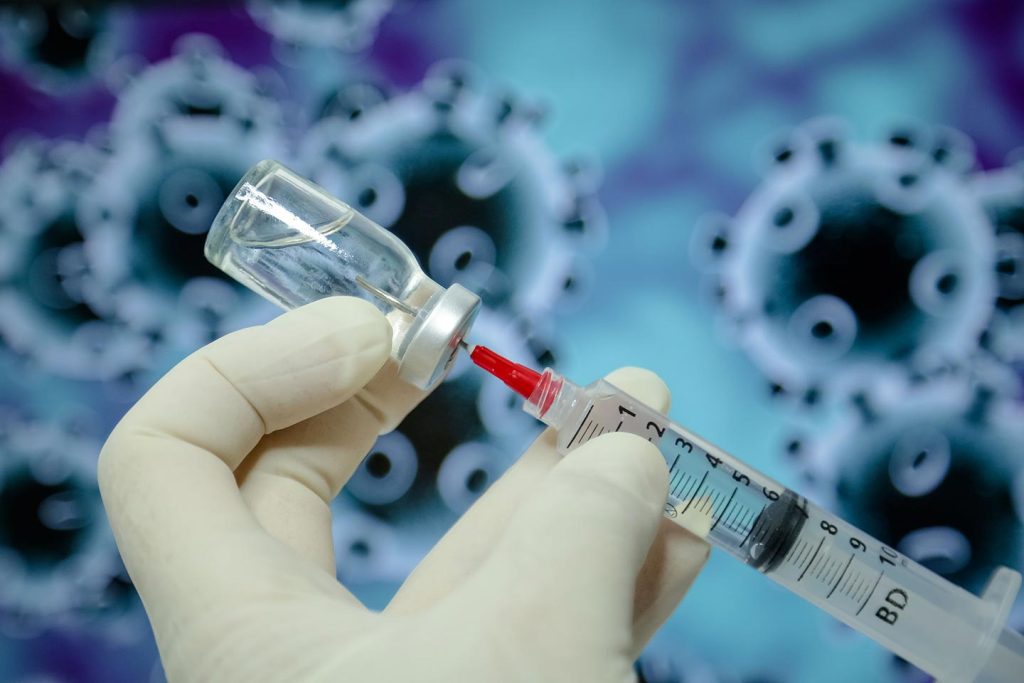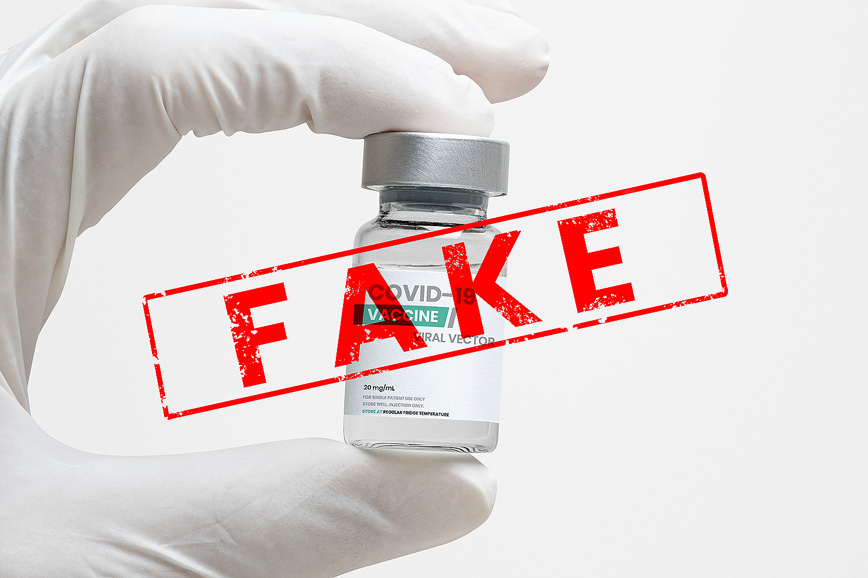In a shocking revelation, a New York midwife, Jeanette Breen, who operates Baldwin Midwifery on Long Island, has been fined $300,000 by the New York State Department of Health. Breen, who administered homeopathy pills instead of required vaccines to nearly 1,500 children, now faces consequences for falsifying vaccination records, putting the health of these children at risk.
Understanding Homeopathy: A Dubious Alternative to Vaccines
Homeopathy, a practice based on the “law of similars,” involves diluting substances to minute levels and claiming therapeutic effects. However, the diluted concoctions lack a scientific basis and are considered pseudoscience. Homeopathy relies on dilution and succussion, where substances are serially diluted with shaking, resulting in solutions with no active ingredients. In the case of the administered homeopathy pills, they were essentially sugar with no clinical effect.
Breen’s Misleading Immunization Program
Breen distributed the “Real Immunity Homeoprophylaxis Program,” marketing it as an alternative to vaccination. These oral homeopathy pellets were presented as substitutes for valid vaccines, despite lacking recognition or approval from state or federal regulators. Breen administered over 12,000 of these fake immunizations to approximately 1,500 school-age patients. Shockingly, she then falsified records in the state’s immunization database, falsely claiming the children received required vaccinations for various diseases.
Settlement and Penalties Imposed
As a result of her actions, Breen has been fined $300,000, with $150,000 paid upfront and the remaining amount suspended pending her compliance with state health laws. The settlement also includes a permanent ban on Breen accessing the state’s immunization records system. Despite the severity of the consequences, some critics argue that the penalties are insufficient for the gravity of the fraud committed.

Read more:
- Acts of Kindness: Good Samaritan Supports a Homeless Man and His Dog in Returning to Their Street.
- Untouched Wealth: $2 Million in Coins Still in Existence
- New Moms in Texas Eligible for Full-Year Medicaid and CHIP Benefits
- Tragic Dental Procedure in Texas Leaves Miami Woman with Severe Brain Damage
Homeopathy’s Lack of Scientific Basis
The homeopathy pills provided by Breen, touted as an alternative to vaccines, hold no scientific merit. Multiple systematic reviews have consistently debunked the clinical effectiveness of homeopathy, with findings indicating that homeopathic medicines do not extend beyond the placebo effect. The dilution process in homeopathy reaches extreme levels, rendering the final solutions devoid of any original substance. Essentially, homeopathic pills lack active ingredients and offer no protection against vaccine-preventable diseases.
Impact on Children’s Health and Parental Awareness
Breen’s actions not only jeopardized the lives of children who believed they were receiving valid vaccinations but also exposed a disturbing dual-fraud scenario. Some parents were unaware that the administered pills were ineffective substitutes, while others actively sought out Breen to avoid vaccinating their children. The scheme raises ethical concerns, emphasizing the need for stricter penalties to deter healthcare providers from engaging in such fraudulent practices.
Calls for Stricter Consequences and Vigilance
Despite the imposed fine, some argue that Breen’s actions warrant more severe penalties, including license revocation or even criminal prosecution. The case sheds light on the importance of maintaining trust in healthcare providers and the need for robust measures to ensure the safety of patients, especially children. Vigilance within regulatory systems is crucial to prevent similar incidents and protect the integrity of vaccination programs.
In conclusion, the case of Jeanette Breen highlights the potential dangers of pseudoscientific practices within healthcare. The fines imposed, while substantial, prompt discussions on whether they truly match the severity of the offense. It serves as a stark reminder of the critical role regulatory bodies play in upholding healthcare standards and safeguarding the well-being of the community, particularly when it comes to essential preventive measures like vaccinations.

